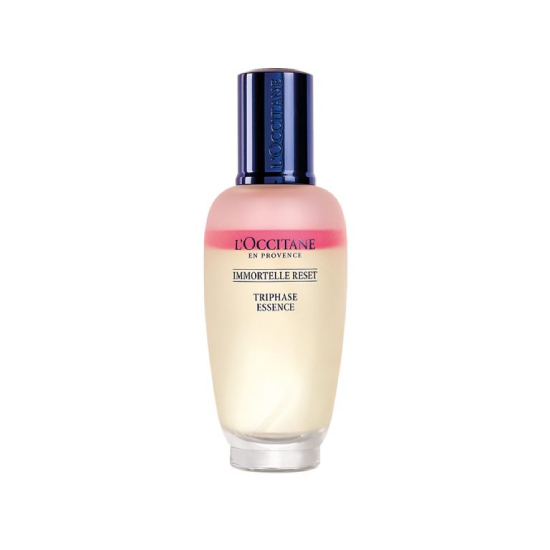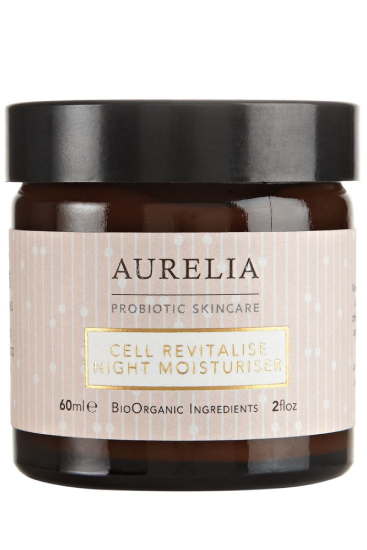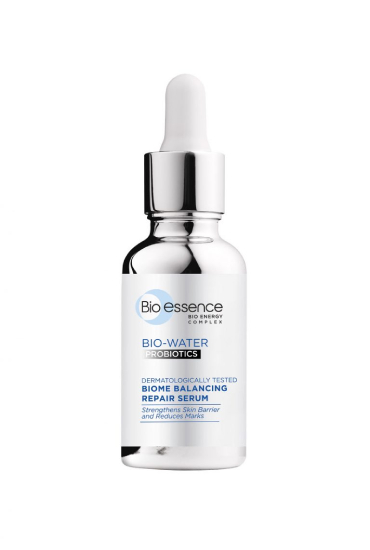How to balance your skin microbiome to manage acne and ageing

Do a quick Google search and you’ll find a growing number of studies that point to the role of the skin microbiome in keeping skin healthy, in particular, its link to a host of skin issues, from acne to ageing.
Dr Kong Yan Ling, a dermatologist at DS Skin & Wellness Clinic, says the skin microbiome refers to the trillions of microorganisms that live on the skin surface and in the hair follicles – a community of bacteria, viruses, fungi and mites.
“Most of these skin microbes are harmless, and may even be beneficial to us."
"They can promote skin health by preventing infections, communicating with the immune system, participating in skin metabolism, and providing a physical barrier to invading pathogens and environmental assaults.”
She adds that the microbiome is a delicate ecosystem that, when thrown off balance, can result in skin conditions like eczema, psoriasis, acne and rosacea.
In addition, Dr Eileen Tan, dermatologist at Eileen Tan Skin Clinic & Associates, shares that each of us has a unique microbiome that can be found in our different organs, including the skin.
In fact, scientific literature shows that the concentration and diversity of the microorganisms found on different areas of our face and body differs as well.
“The human skin is divided into moist (the armpits), dry (forearms), and sebaceous or oily (forehead) areas. And although the microorganisms at the various locations are similar, their distribution varies at different body parts."
"In addition, the density of microorganisms also varies, being lowest in dry parts of the skin,” says Dr Kong.
For instance, cutibacteria is found in abundance in sebaceous areas because it breaks down the fat in sebum, which in turn, produces free fatty acids that promotes adherence of bacteria at these sites. And when there is an imbalance of this bacteria, it may trigger acne woes.
Now that we understand what is happening in our skin, it’s time to learn the dos and don’ts.
Healthy skin should be clear, and free of blemishes and skin conditions like atopic dermatitis. Skin flare-ups, acne breakouts or skin that becomes dry and/ or sensitive, all point to a microbiome imbalance.
Many factors can disrupt this balance: age, your gender, hormones, genetics, environmental aggressors such as UV and pollution, stress and your diet. So, too, can over- exfoliation and using harsh chemicals on the skin.
Dr Tan says a balanced skin microbiome “helps to maintain a healthy skin barrier and skin moisture, which is important in protecting skin against inflammation and infection”.
ALSO READ: 8 food-enriched beauty products your skin will thank you for
Yes, you can go overboard, but not for the reason you think. “Although the use of topical ‘-biotics’ has not been reported to cause adverse effects, many of these are formulated together with other ingredients that may irritate skin when used in excess,” says Dr Kong.
In addition, Dr Gladys Teo, head of R&D at Est.Lab, says you should keep your skincare routine simple when using microbiome products.
“Most of these tend to be multi- functional, consisting of other key ingredients for additional benefits, such as antioxidants, anti-ageing, anti-inflammatory and anti-bacteria."
"So, there is no need to pile on too many, especially if you have sensitive and/or acne-prone skin.”
Dr Kong says to avoid using scrubs and harsh chemicals like sodium lauryl sulfate (SLS) in your cleansers. “These tend to strip the skin of its native microbes,” she says.
Also, opt for a moisturiser with a pH level of five to seven to protect the beneficial bacteria on the skin.
Look out for prebiotic actives like plant sugars (xylitol and fructo- oligosaccharides), amino acids and minerals such as calcium, magnesium and sulphur, says Dr Kong.
Dr Teo adds that these provide the right nutrients for the microorganisms on your skin, which in turn indirectly regulates their growth, restoring balance to the microbiome.
As for probiotics, there’s lactobacillus (similar to what you get in Yakult), bifidobacterium and vitreoscilla; for post-biotics, opt for lysate and ferment actives.
These, says Dr Teo, “can influence positive ‘communication’ among skin microorganisms and block negative signals of bacteria and viruses that can contribute to the development of skin disorders”.
ALSO READ: 8 skincare products that are made for our warm and humid weather
What’s more important, says Dr Teo, is to choose skincare that contains both pre- and probiotics. These actives complement each other: Prebiotics are the nutrients for living bacteria (probiotics), to keep the skin microbiome balanced.
There is no hard and fast rule since many factors, internal and external, affect the skin.
Instead, Dr Teo advises that you look for products that combine microbiome-boosting ingredients, and complementary key ingredients that can defend skin from external aggressors like UV rays, delay the physical effects of ageing, and even cleanse and detoxify the pores for a holistic skincare ritual.
Ingestible ingredients that serve as food for bacteria, and are said to stimulate the growth of beneficial skin microbes.
Living microorganisms, that, when administered in adequate amounts, can have a positive effect on the skin microbiome.
The non-living by-products of good bacteria, such as enzymes and peptides, that can interact with the skin’s existing microbes.
In short, prebiotics feed the microorganisms (bacteria), probiotics are the microorganisms, and post- biotics are the non-living by-products of the good bacteria that interact with skin’s existing bacteria.
ALSO READ: 3 foolproof & affordable ways to reduce premature aging
These products contain nutrients to keep the microbiome on your face in a state of balance.

Prebiotic fractions from beetroot, along with castor and rapeseed oils, soothe and hydrate skin, while the iconic immortelle essence oil protects against free radicals. Skin is said to be more resilient after seven days.

Packed full of probiotics – one billion marine-derived lactobacilli and 250 million Ewha yeast enzymes – the hydrating essence activates skin’s ability to defend itself for a smoother, firmer and glowing complexion.
At Lazada.sg

Prebiotics-powered organic grape water, which contains complex sugars, feed good bacteria, strengthening the microbiome so skin is better able to defend itself.
At Sephora and Sephora.sg

The nourishing night cream contains sustainably sourced Bioorganic ingredients – aloe vera as well as avocado, apricot and mongongo oils – along with probiotics to help with skin repair while you sleep.

Gives skin a big dose of hydration with its electrolyte cocktail of natural moisturising factors (NMF), amino acids, minerals, PCA, urea and sugars, that help improve skin elasticity and resilience.
At Estetica Beauty studios and www.estlab.shop

The updated formula contains pre-, pro- and post-biotics from a fermented dissolution of fresh green tea leaves from Jeju, South Korea. It’s also suitable for acne and trouble-prone skin.
At Lazada.sg

The blend of pre- and probiotics in this powerful serum restores microbiome balance, helps fade post-acne scars, and prevents future breakouts for a clearer complexion.
ALSO READ: Your ultimate guide to plant-based skincare
This article was first published in Her World.